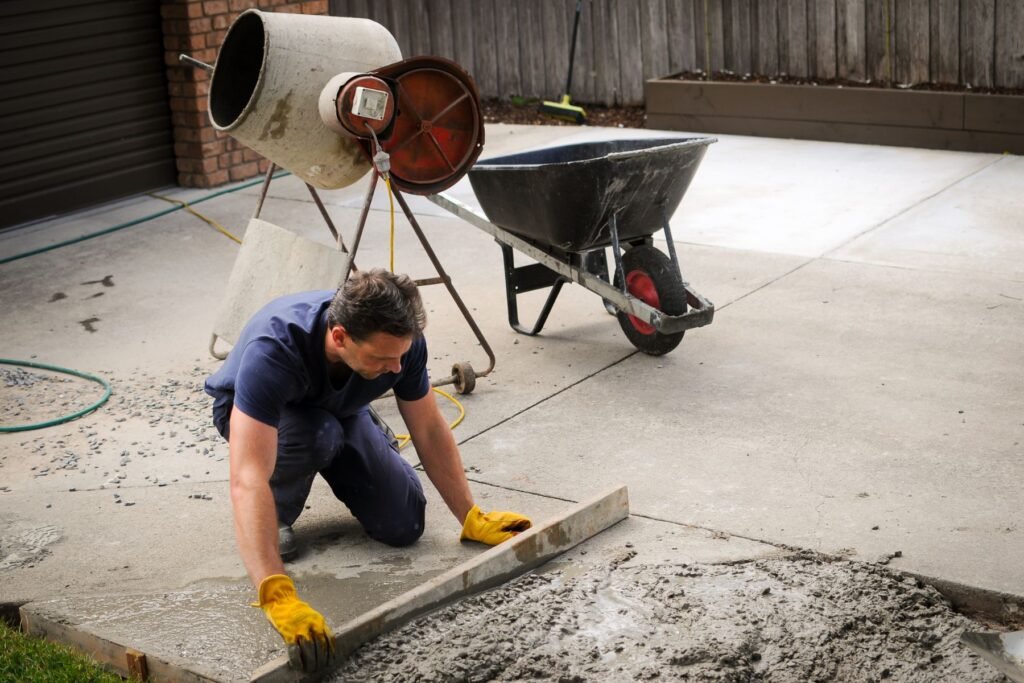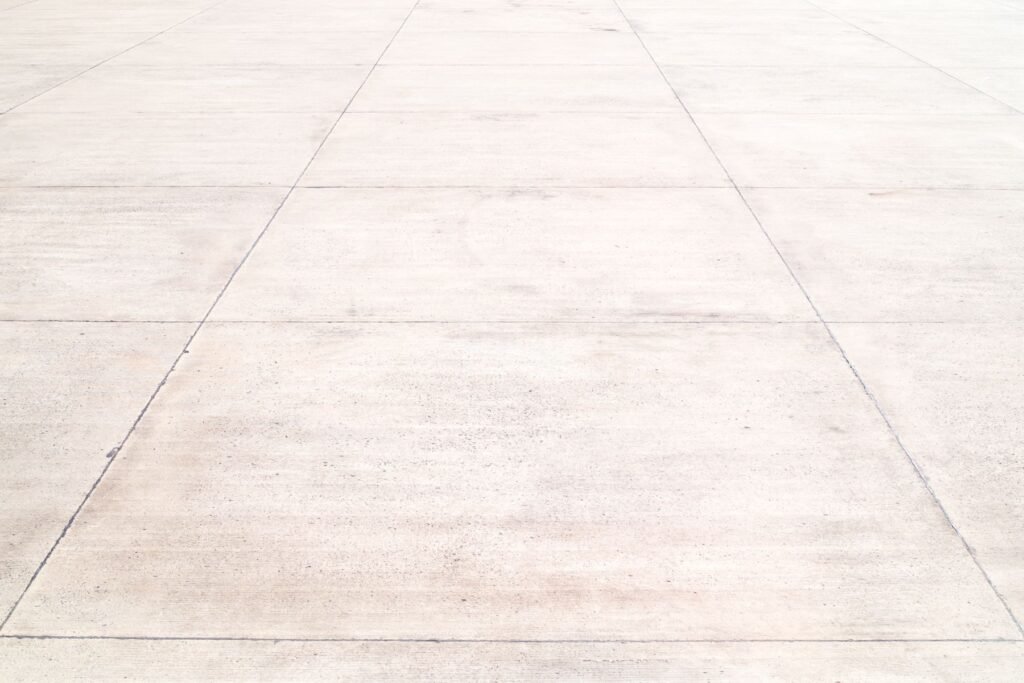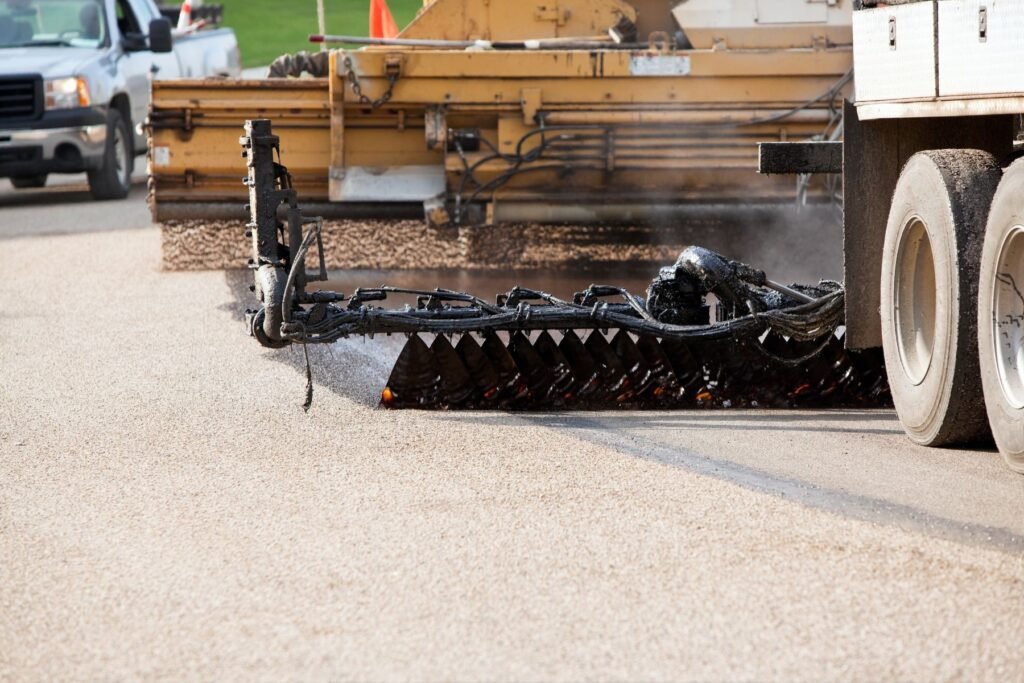Dunedin Concrete Sealing
Concrete Sealing Dunedin
Protect Your Concrete. Keep It Looking New.
Have you noticed your concrete looking dull, stained, or starting to crack? That’s what happens when it’s left unsealed. Dunedin’s rain, sun, and temperature swings can wreak havoc on unprotected concrete over time.
We provide professional concrete sealing that helps your surfaces last longer, look sharper, and resist damage from moisture, oil, mould, and UV rays. Whether it’s your driveway, patio, or decorative finish, sealing adds that extra layer of strength and style. Want your concrete to last? Book a professional concrete sealing Dunedin service with us today—it’s affordable protection that pays off.
Get a free estimate

Unsealed Concrete? You’re Asking for Trouble.
Without a proper seal, your concrete absorbs water, oil, and grime like a sponge. Over time, this leads to stains, surface breakdown, cracks, and mould. Sealing helps lock out moisture and dirt while enhancing colour and finish—so your concrete stays clean, tough, and great-looking all year round. One quick job now could save you a pricey replacement later.
Have You Noticed Water Damage and Moisture Penetration?
Unsealed concrete can absorb water, leading to cracks, surface erosion, and even structural damage over time. Concrete sealing creates a protective barrier that prevents moisture from penetrating the surface, especially in wet or freeze-thaw climates like Dunedin.


Don't Let Stains from Oil, Grease, and Chemicals Ruin Your Driveway!
Driveways, patios, and garage floors are prone to stains from vehicles, spills, or harsh cleaning products. Without sealing, these substances can soak into the concrete, leaving permanent marks. Sealing helps repel stains and makes the surface easier to clean and maintain.
Why is concrete sealing important?
Sealing protects concrete from moisture, UV rays, stains, and surface wear. It helps prevent cracking, fading, and mould growth—especially important in Dunedin’s wet and changing climate. Sealing also enhances the look of decorative finishes and extends the life of your concrete.
How often should I reseal my concrete?
It depends on usage and exposure, but most concrete should be resealed every 2–5 years. High-traffic areas like driveways may need more frequent sealing, while patios and paths can go longer. We can inspect your surface and recommend a sealing schedule that fits.
What types of sealer do you use?
We use high-quality, commercial-grade sealers suited to your concrete type and finish. Options include clear, matte, or gloss finishes, and penetrating or surface sealers. We’ll advise you on the best choice based on whether your concrete is plain, decorative, exposed, or coloured.
Will sealing make my concrete slippery?
Sealers with a gloss finish can become slick when wet, but we can add a non-slip additive to reduce the risk—especially useful for driveways, pool areas, or sloped surfaces. We always prioritise safety without sacrificing the look you want.
Can you seal old concrete or only new surfaces?
We can seal both! Old concrete just needs to be cleaned thoroughly and may require minor repairs before sealing. It’s a great way to restore and protect older surfaces. New concrete should cure for at least 28 days before sealing to ensure best results.
